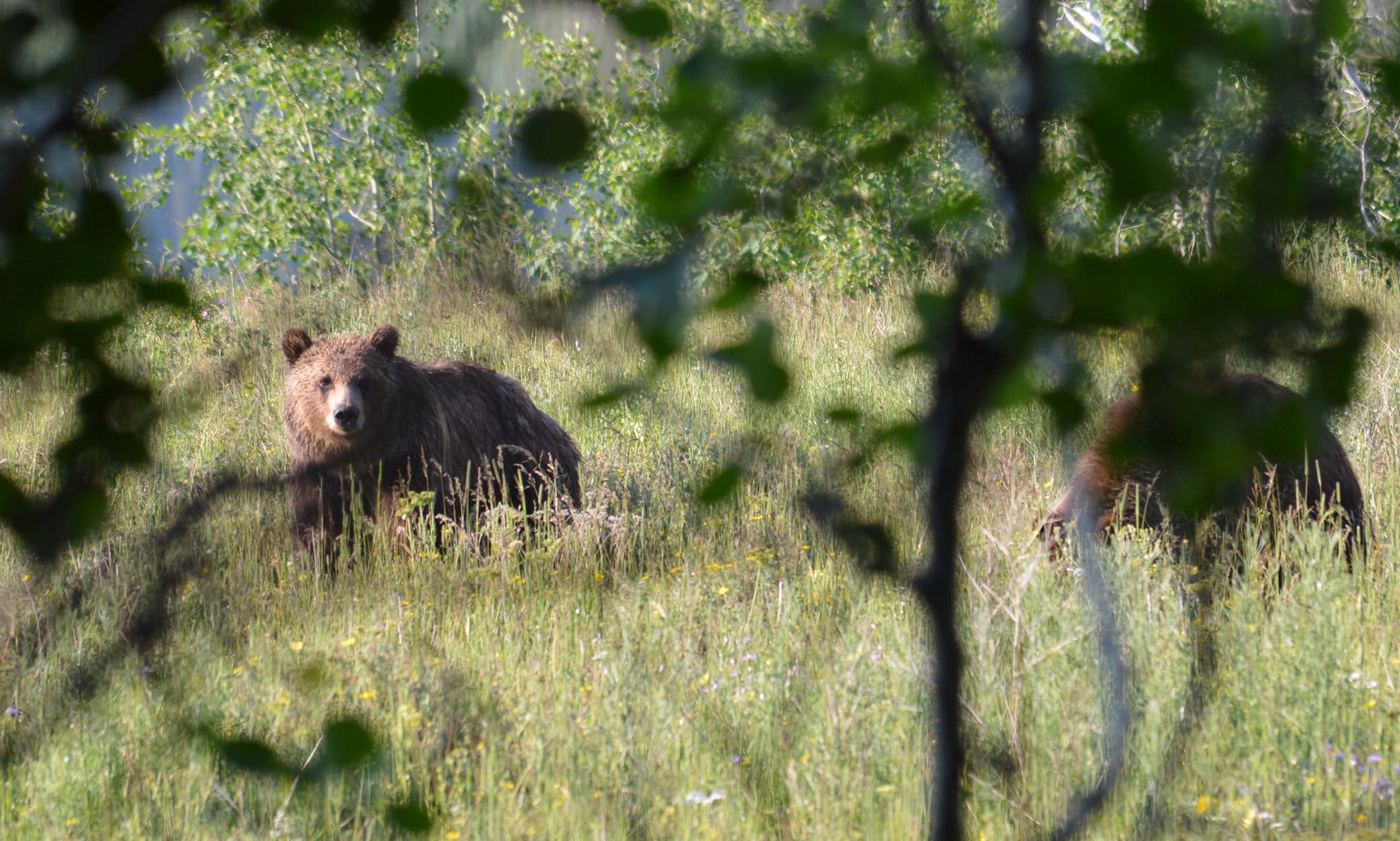White House Cuts Back Protections for Endangered Species

'loppear'

The Trump administration on Monday announced a broad set of changes to the Endangered Species Act, including provisions to put a price tag on saving a species and removing protections for threatened animals.
In a press release announcing the new policies, Secretary of Commerce Wilbur Ross said that the new rules “fit squarely within the President’s mandate of easing the regulatory burden on the American public, without sacrificing our species’ protection and recovery goals.”
Among other changes, the policies finalized on Monday would allow the Department of the Interior to publicly share the estimated economic impacts of listing a species as endangered. (While the agency is still required by law to make listing decisions based on science, organizations like Defenders of Wildlife argue that the change gives the administration an illicit back door to ignore the ESA.) The new policy would also make it harder to consider climate change as a factor in extinction by reducing how far into the future the DOI looks in making designations, eliminate all protections for newly-designated threatened species, and make it more difficult to consider a species’s lost habitat when making listing decisions.
“These changes crash a bulldozer through the Endangered Species Act’s lifesaving protections for America’s most vulnerable wildlife,” said Noah Greenwald, endangered species director for the Center for Biological Diversity. “For animals like wolverines and monarch butterflies, this could be the beginning of the end.”
Along with the Center for Biological Diversity and Defenders of Wildlife, and Earthjustice, the attorneys general of Massachusetts and California have pledged to sue to block the decision. In a press release, Massachusetts Attorney General Maura Healey said her office would file suit against both the U.S. Fish and Wildlife Service and National Marine Fisheries Service.
“By gutting key components of the Endangered Species Act, one of our country’s most successful environmental laws, the Trump Administration is putting our most imperiled species and our vibrant local tourism and recreation industries at risk,” said Healey. “We will be taking the Administration to court to defend federal law and protect our rare animals, plants, and the environment.”
Signed into law by President Richard Nixon in 1973, the Endangered Species Act continues to enjoy widespread popularity. A 2018 study by The Ohio State University found that 80 percent of Americans—including 90 percent of self-identified liberals and 74 percent of conservatives—support the ESA, with only 10 percent opposing it.
The administration’s policies towards endangered species have embroiled it in multiple court battles over the past few years. In one high-profile case, the Fish and Wildlife Service restored protections for grizzly bears in the Greater Yellowstone Ecosystem this year after facing six lawsuits over its decision to delist them.